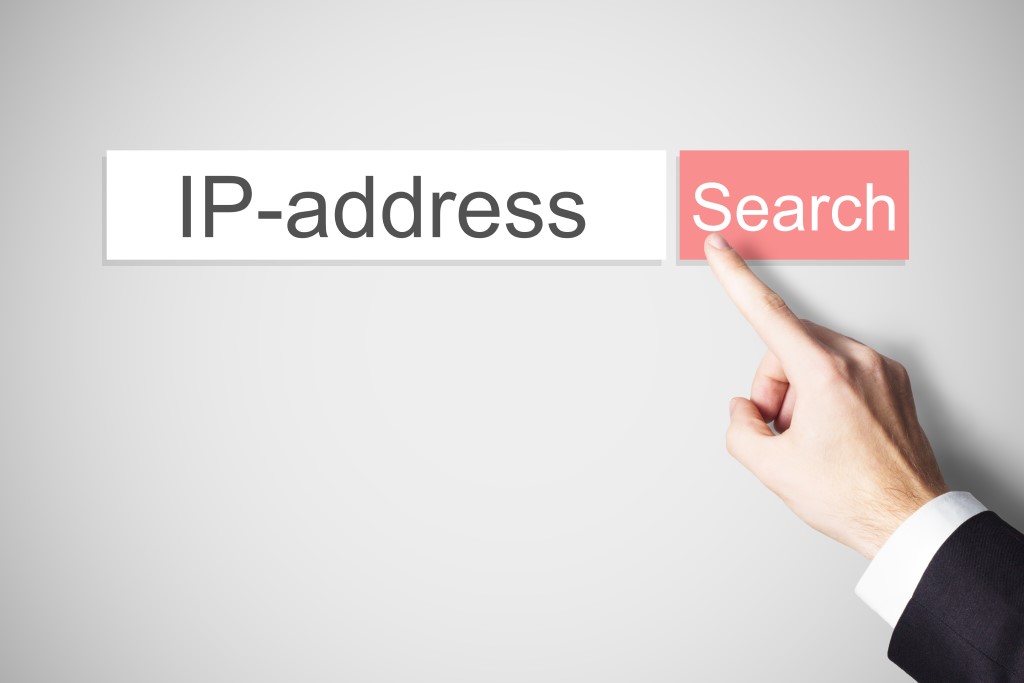
Torrenting is a file-sharing means, allowing you to download and upload files through a peer-to-peer (p2p) network. This method of sharing files over the Internet is relatively legal in many countries. But, some countries don’t have the same views as these regions ban torrents because of certain concerns. These include the following:
Piracy Issues
It’s relatively easy to share files over a torrent network. The idea here is to have the file on your computer, and that’s it. The torrent software will detect that said file exists and begin sharing it with other users who wish to download it.
However, herein lies one of the reasons why some countries have banned torrents: piracy. Since it’s quite easy to share files through torrenting, people can share almost every file imaginable. These files may include, but aren’t limited to, movies, games, and music.
For example, one person purchases a DVD of a movie through legitimate means. But, that individual decides to share the movie with the rest of the world. So, they rip the film from the disc and place the file online, and announces that it’s available for download via torrent. People will start ‘leeching’ from the person who uploaded the media. Furthermore, downloading the file tends to be completely free, making the original owners of the DVD lose money.
Some countries block torrents because of these piracy concerns. Torrent software, like LimeTorrents, might be unusable in locations like Australia, India, and the US as piracy tends to be rampant in these areas. But, users can still take advantage of alternate options to use torrents even when they’re living in these countries. You can check out the following link for these workarounds: https://securitygladiators.com/limetorrents/
Security Issues

Using torrents also exposes your Internet protocol (IP) address to the world. It’s because the software detects the file source and the devices that are downloading it currently.
Try to download a file using torrent software, like BitTorrent or Vuze. Search for a tab that says something like ‘Sources,’ and you’ll see the different IP addresses of individuals downloading and uploading the file online.
Cyber attackers can hone in on the different exposed IP addresses to hack their data. It’s because an IP address is like your home’s physical address. If illicit individuals get a hold of your property’s address, expect that your house might become the primary target of theft and other malicious acts.
A similar concept may happen for devices and their IP addresses. If a hacker knows your gadget’s IP address, every information you put out on the Internet might be viewable to that cyber attacker. The data might include bank account details, credit card information, and other sensitive facts.
Still, torrent users may bypass this threat by using proxy sites. These special websites may hide devices’ IP addresses, allowing people to download and upload files with minimal risk of getting hacked. Furthermore, governments might not know about these proxy websites’ existence, allowing users to use torrents as they please, despite the blocks.
NSFW File Sharing Issues
Some governments, like the one from the UK, aim to reduce the sharing of erotic child images online by blocking torrents. Keep in mind that torrents may still pose a threat to children’s safety. It’s quite easy to mask a file by labeling it with a name like ‘homework.pdf,’ when, in fact, it contains kids’ illicit images.
Therefore, you might try accessing torrents in a country where the government blocked torrents. If so, perhaps, one of the ban’s reasons is because of a significant amount of NSFW files shared through torrenting.
Note that the Internet can be a scary place. Visiting certain online areas, like those in the ‘deep web,’ may make you see torrenting portals with NSFW content. Moreover, downloading these files is about one click away.
Many governments aim to preserve the Internet’s ‘cleanliness’ in the eyes of its users. Therefore, preventing access to these malicious portals (torrents or otherwise) helps curb the spread of online NSFW content. Various government agencies across the world are on the lookout for torrents and other sites spreading NSFW files. Although these portals seem innumerable, it doesn’t mean the authorities won’t stop cracking down on them to prevent online users’ access.
Conclusion
Torrents can be both a blessing and a curse. Users can share files over the Internet without going through lengthy procedures with the help of torrent sites and applications. But, this method of downloading and uploading files may cause copyright infringements and security concerns. Furthermore, no age group is completely safe from the perils of torrents. Thus, some countries took measures into their hands by blocking torrents to curb these issues.